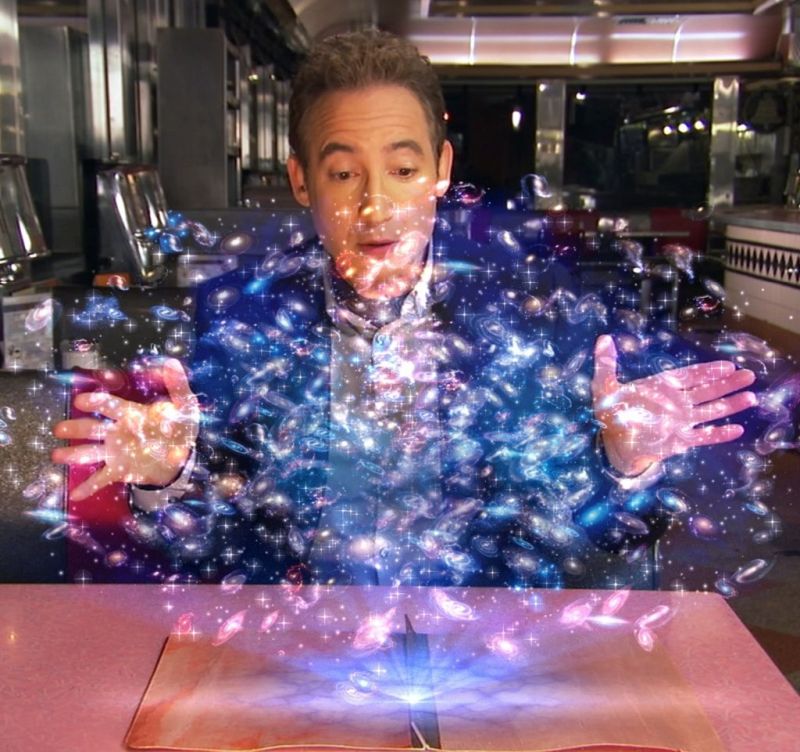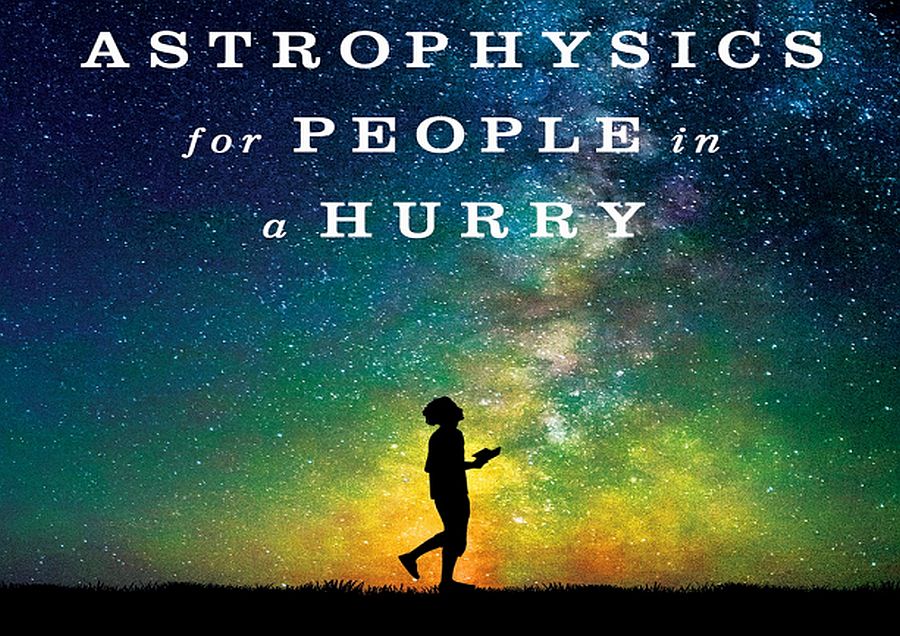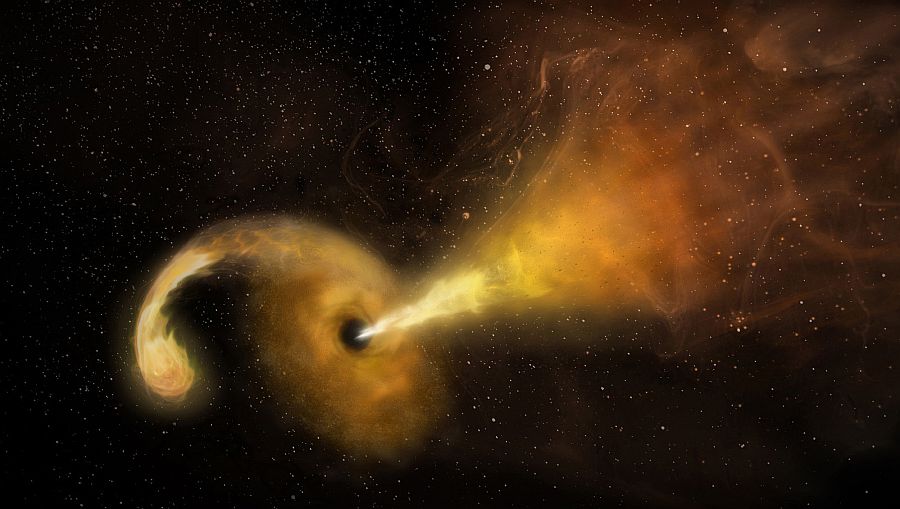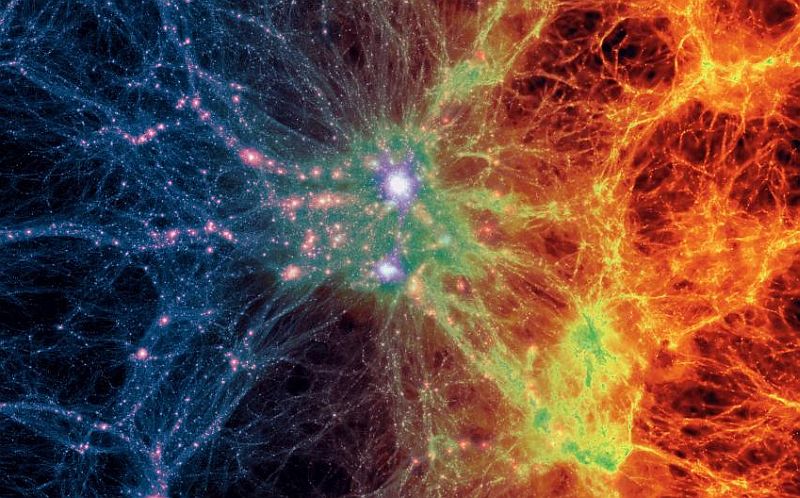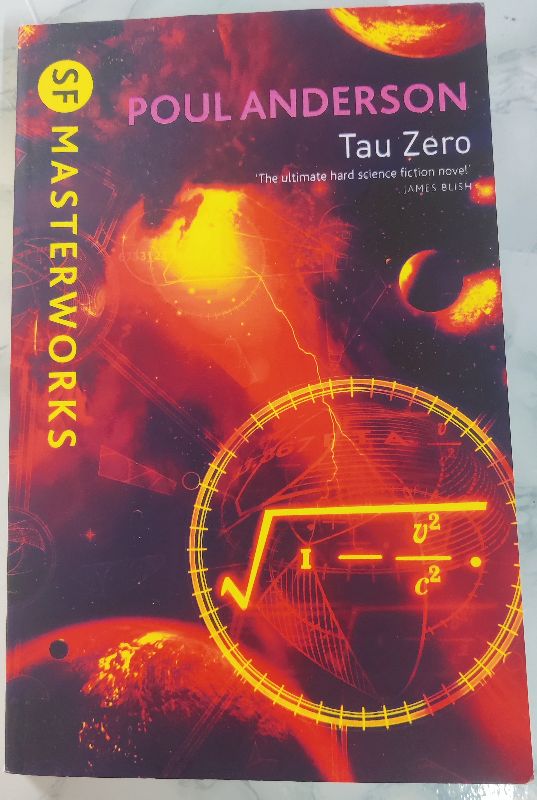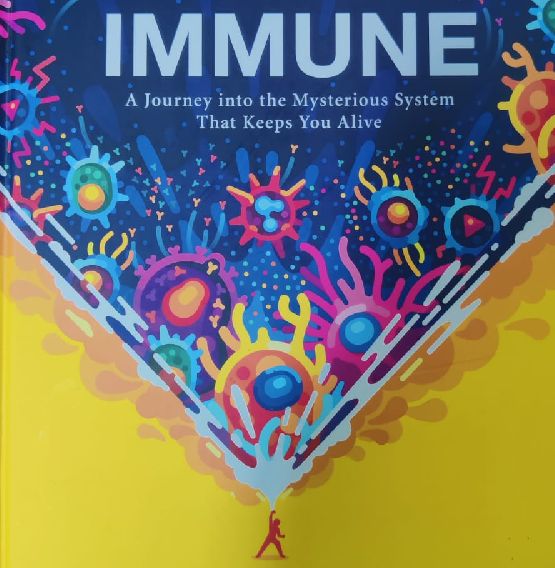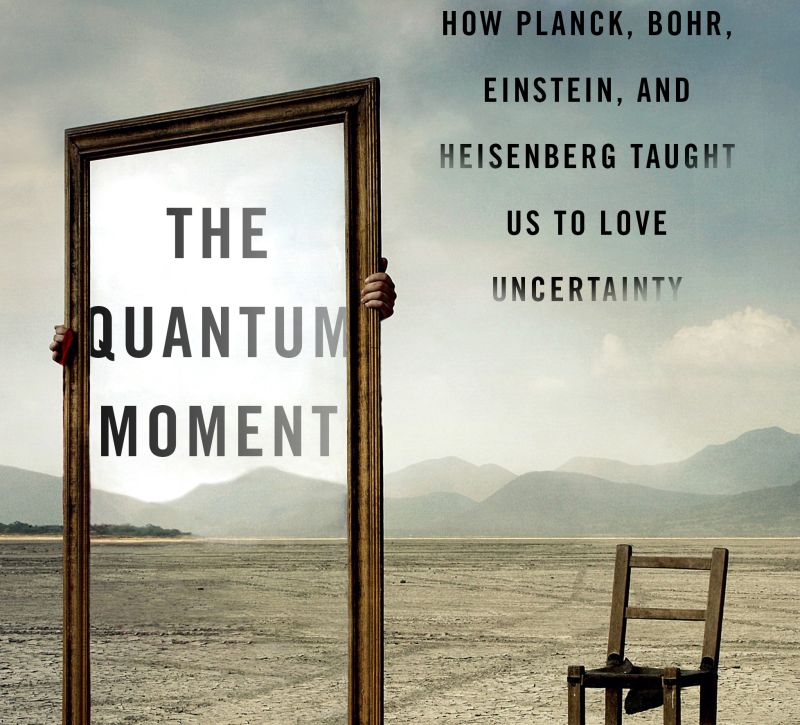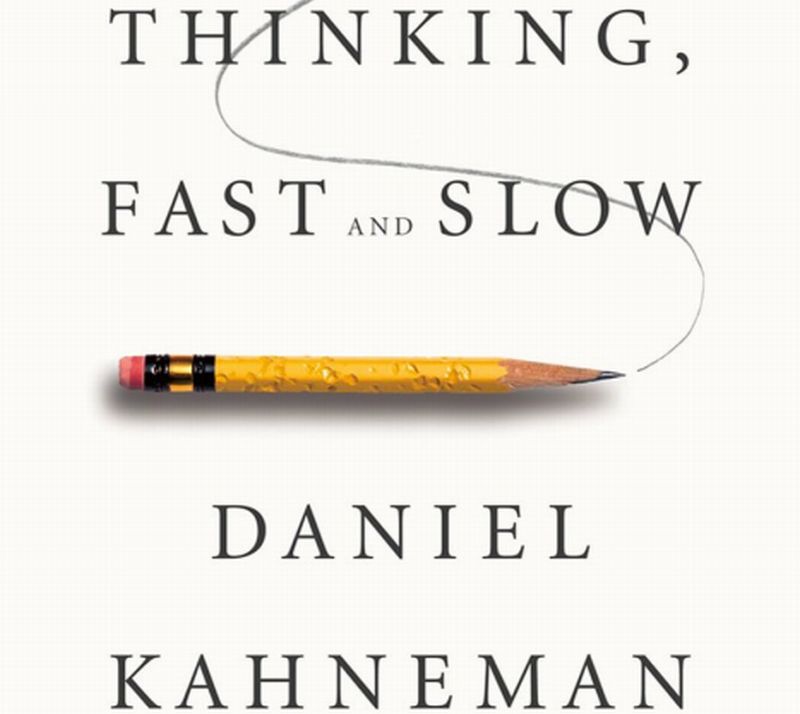In a collaborative effort, an international team of astronomers at The University of Queensland and the Dutch national observatory ASTRON have been looking for planets with the help of the most powerful radio telescope – Low Frequency Array (LOFAR) – located in the Netherlands. Recently, they were able to figure out stars spewing off radio waves. This hints at the presence of some hidden planets.
Search Results for: black hole
Book Review: The Fabric of the Cosmos by Brian Greene
The Fabric of the Cosmos: Space, Time, and the Texture of Reality is the second book of theoretical physicist, mathematician, and string theorist, professor Brian Greene. However, this happens to be my third read from the author, first two were Until the End of Time and The Hidden Reality.
Book Review: Astrophysics for People in a Hurry by Neil deGrasse Tyson
Although title of the book says Astrophysics for People in a Hurry but believe me the book has more depth than the label interprets. Neil deGrasse Tyson is an epitome of masterly skill at explaining complex scientific concepts into the most elementary and comprehensible manner. He makes astrophysics so interesting that even a person who has no inclination towards the subject will surely gravitate towards the space and evolutionary history after listening to his talks. His enthusiasm is contagious indeed.
Tidal Disruption causes Dark Matter to Evaporate: Intra Galactic Interactions
Dark matter is one of the key ingredients in the understanding of evolution and in the formation of galaxies. Majority of scientists are of the view that dark matter consists of weakly interacting massive particles (WIMP). It is because of their weak interactions with matter that we see around, it becomes extremely difficult to detect.
Book Review: The Yoga of Time Travel by Fred Alan Wolf
This weekend I finished reading one of the most remarkable books, The Yoga of Time Travel: How the Mind Can Defeat Time by Fred Alan Wolf. Time travel, a concept has always intrigued me including movies based on the same. This book surpasses every motion picture that I have seen so far. Very deftly, Wolf has woven threads of Vedic philosophy into quantum physics and alternative philosophies like Patanjali’s Yoga Sutras.
NASA’s WISE Spacecraft surfaces most lustrous Galaxy in Universe: Space Evolution
NASA’s WISE has surfaced a far-flung galaxy, which is supposed to be shining intensely with infrared light with an intensity of nearly 300 trillion suns. The extremely luminous infrared galaxy (ELIRGs) is one of the most luminous galaxies to be discovered till date. Space evolution Chao-Wei Tsai at NASA’s JPL claimed that they have been witnessing an enormous stage of evolution taking place across galaxy. They are assuming that the source of the intense light could be from the growing spout of the galaxy’s black hole. According to Professor Andrew…
10 Unanswered Puzzles about Science: Will They Ever Reach Consensus?
Even though we have made tremendous progress in science, yet there remains a mystery when it comes to give reasons to some everyday activities. These mundane stuffs generate the same kind of awestruck curiosity to scientists as it does to a toddler. Some of these bewildering questions are: 1) Slipperiness of Ice The unusual & unique properties of water have given numerous explanations about ice being slippery. Experts have dispensed most of the theories propagated so far and there could be more variations in the future discoveries envision majority of…
Illustris is New Time Machine: Simulation of the Realistic Virtual Universe
We know how our universe look today and we have pretty good idea as to how it looked before the things started taking shape somewhere around the Big Bang. But we have no idea how the galaxies evolve and what was before the Big Bang. In order to study this, researchers at the MIT have built a computer simulation, they have named it the Illustris. This simulation is so complex that calculating on single desktop might take 2k years alone and its volume comprises around 215m light years. Although there…
Interview: Dr. Jay T. Lennon, Microbiologist at Indiana University, Bloomington
Meet Dr. Jay T. Lennon. Within the intricate tapestry of microbiology, a realm of microorganisms thrives, weaving the intricate threads of ecosystems, interactions, and even human health. Dr. Lennon, a distinguished luminary in the field of microbial ecology, has passionately dedicated his career to unraveling the enigmatic world of these microscopic life forms. He emerges as an insightful figure who delves deep into the intricate relationships governing microbial communities.
Book Review: Tau Zero by Poul Anderson
My favourite thought experiment is the notion that as an individual approaches the speed of light, time slows down. Now let’s extrapolate it to Big Crunch scenario. What if an individual travel at the speed of light and reaches the end of universe? According to Russian Physicist Alexander Friedmann, end of the universe depends on its density. Therefore, universe cannot stay stable for ever, it could either expand or contract. Gravity, with the help of matter, could slow down the expansion, then stop, and ultimately reverse it. Everything collapses within…
Book Review: Immune by Philipp Dettmer
As the name suggests, Immune: A Journey into the Mysterious System that Keeps You Alive written by Kurzgesagt founder, Philipp Dettmer talks about the inner workings of the human immune system. A world which totally relies on pathways and chemical signals. And where each and every tiny molecule has a very well-defined role. Dettmer has explained scientific concepts related to human immune system in the most interesting and comprehensible manner. His description of various cellular components metaphors and similes makes it straight-forward to understand and easy to visualize, for instance,…
Book Review: Parallel Worlds by Michio Kaku
Parallel Worlds: The Science of Alternative Universes and Our Future in the Cosmos by Michio Kaku is a pandora’s box of parallel worlds hovering around us all the time. This is my third read after Physics of The Future and The Future of Humanity from the same author.
Green Future: PlasticRoads an Alternative to Tar and Asphalt road surfaces
Experts worldwide keep finding new ways to recycle plastic waste. Qualities like lightweight, moisture resistant, flexible and relatively cheap have increased production and consumption of plastic worldwide, but with so many benefits, comes disadvantages. Plastics do not decompose easily and are posing serious threat for the environment. From land to sea, everywhere plastic debris can be seen and is a major concern for the environmentalist.
The Quantum Moment by Robert P. Crease and Alfred Scharff Goldhaber
The Quantum Moment – How Planck, Bohr, Einstein, and Heisenberg Taught Us to Love Uncertainty by Robert P. Crease and Alfred Scharff Goldhaber is one of the most fascinatingly informative books I have read so far. I have recently developed interest in the world of quantum and I find this book fully satiated my curiosity. It is beautifully written for a beginner like me.
Thinking, Fast and Slow by Daniel Kahneman
Thinking, Fast and Slow is a masterpiece written by the Nobel Laureate, Daniel Kahneman; in here, he is targeting human irrationality. He starts with the book by naming the two parts of a brain as System I and System II, where System I, is the ‘intuition part’, which operates automatically most of the times and is without logic; while System II denotes effortful mental activity, involving logics. It is because of the System I that humans suffer from cognitive biases or the unconscious errors that leads one to jump onto…


